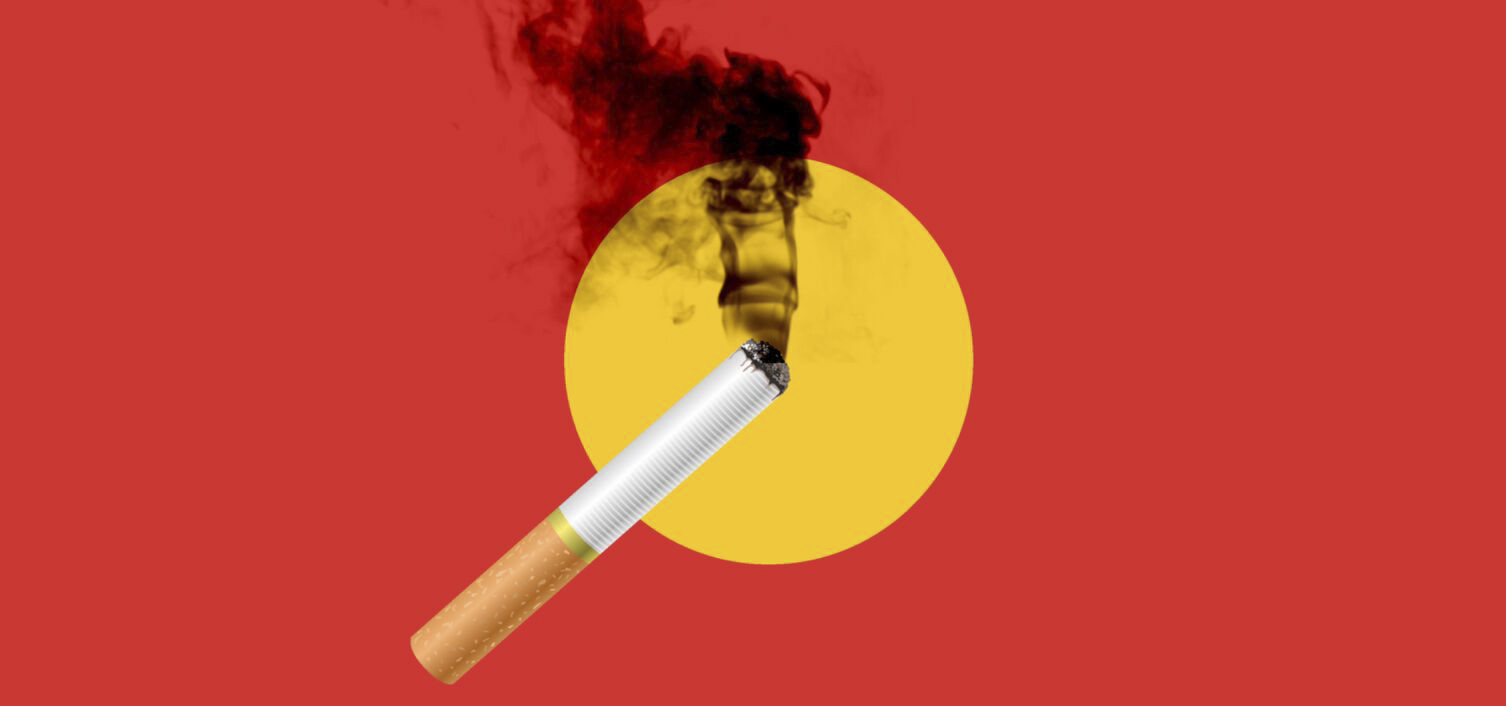
Macedonia getting lost in the smoke
Amendments to Law on Protection Against Smoking cause controversy.
World Cancer Research Fund International placed Macedonia as the 4th highest in the world for diagnosed cases of lung cancer when measured by an ‘age standardized rate.'
The Ministry of Health condemned the amendments when they were announced, tweeting that it “cannot promote easing the ban and supporting policies that are detrimental to people’s health."
"I’ve been thinking about investing 20,000 euros and making it a smoking zone but only if other places in the neighborhood do it. I don’t want to lose any regulars because they can smoke there and not here."
Janko Smilevski, coffee bar owner
Vesna Ilievska
Vesna Ilievska is a K2.0 correspondent, trainer and teacher from Skopje, Macedonia. She holds an MPhil in Politics, Development and Democratic Education from the University of Cambridge. Her interest in writing for the media comes to light during the Macedonian anti-government protests in 2016-17, when she started to report from the streets. Her topics of interest include education, civil society, public health, peace building and media.
This story was originally written in English.